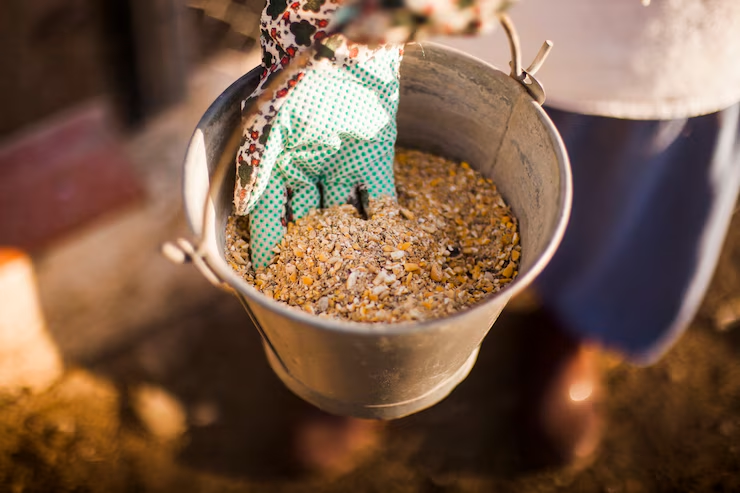When it comes to raising livestock, nutrition plays a crucial role in ensuring the health, growth, and productivity of animals. One of the most significant factors affecting animal health is the quality of the feed they consume. In this blog, we will explore why high-quality feed is essential and how it can lead to healthier livestock and increased profitability for farmers.
Understanding Livestock Nutrition
Livestock nutrition involves providing animals with the necessary nutrients to support their growth, reproduction, and overall health. Proper nutrition helps animals develop strong bones, muscles, and immune systems, ultimately impacting their productivity. Livestock feed typically contains macronutrients, such as proteins, carbohydrates, and fats, as well as micronutrients, including vitamins and minerals.
The Impact of Quality Feed
- Improved Growth Rates: High-quality feed ensures that animals receive the essential nutrients needed for growth. Livestock fed a balanced diet tend to grow faster, leading to shorter production cycles and higher returns on investment. For example, cattle fed high-quality forage and grain can achieve optimal weight gain more quickly than those on lower-quality feed.
- Enhanced Reproductive Performance: Nutrition directly affects reproductive health in livestock. Properly formulated diets can improve fertility rates, reduce calving difficulties, and enhance overall reproductive success. For instance, ensuring that breeding females receive adequate energy, protein, and minerals can lead to healthier offspring and increased milk production.
- Boosted Immune System: A well-nourished animal is more likely to have a robust immune system, making it less susceptible to diseases. Quality feed containing appropriate levels of vitamins and minerals can enhance disease resistance and reduce the need for antibiotics and other treatments. This not only benefits the animals but also supports the health of the entire herd.
- Higher Quality Products: The quality of the feed also directly influences the quality of animal products such as milk, meat, and eggs. Livestock that consume high-quality feed typically produce better-quality milk and meat, which can fetch higher prices in the market. For instance, grass-fed beef is often preferred by consumers for its flavor and nutritional profile.
Choosing the Right Feed
Selecting the right feed for livestock is crucial for achieving optimal results. Farmers should consider the specific nutritional requirements of their animals, taking into account factors such as age, weight, and production stage. Consulting with a livestock nutritionist can provide valuable insights into formulating the best diet for a specific herd.
Additionally, incorporating feed additives can enhance the overall nutritional value of the feed. Additives like probiotics, enzymes, and vitamins can improve digestion, enhance nutrient absorption, and promote overall animal health.
Conclusion
In conclusion, the quality of feed is paramount to the health and productivity of livestock. By investing in high-quality feed, farmers can improve growth rates, reproductive performance, and immune function, ultimately leading to healthier animals and higher profits. As the saying goes, “You are what you eat,” and this is true for livestock as well. Prioritizing quality feed is not just a choice; it is a necessity for successful and sustainable livestock farming.


